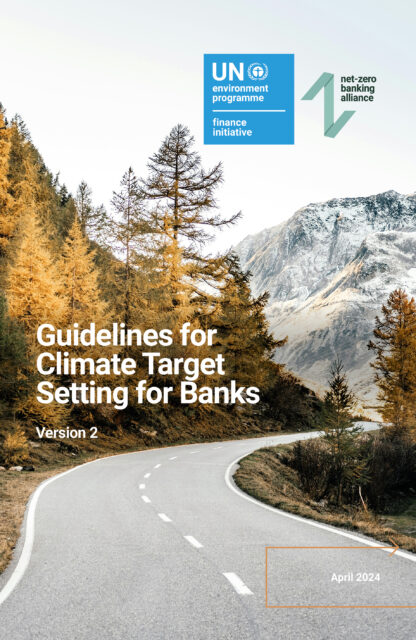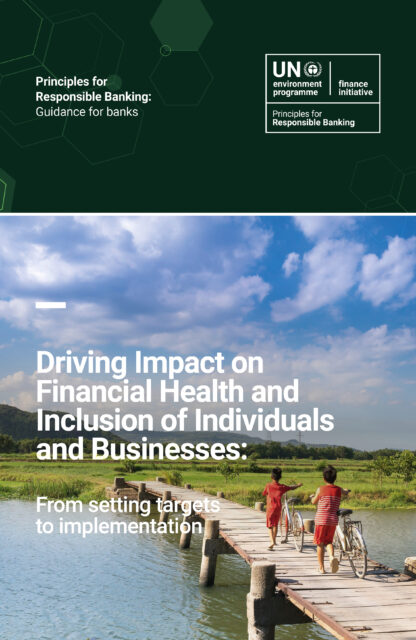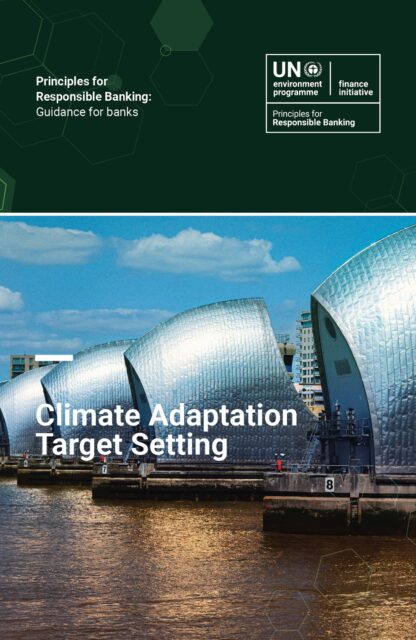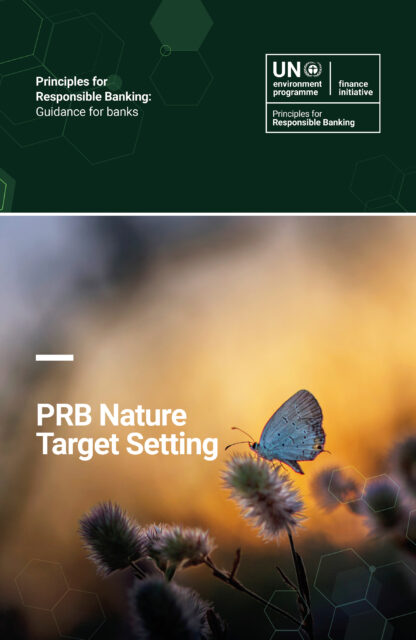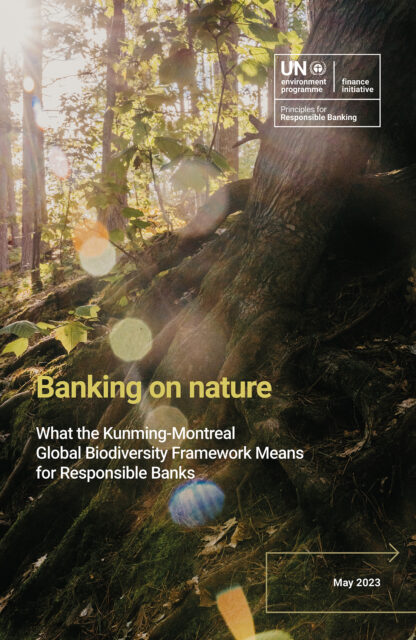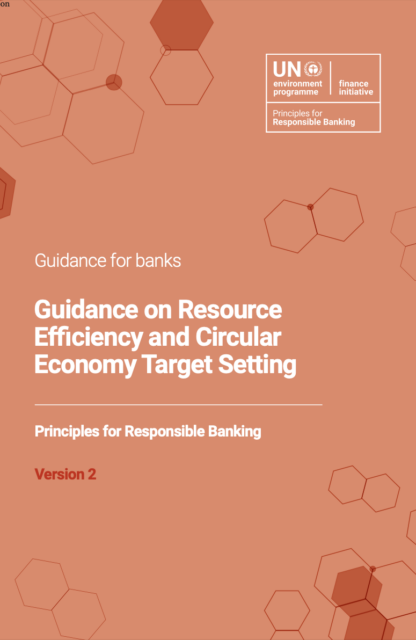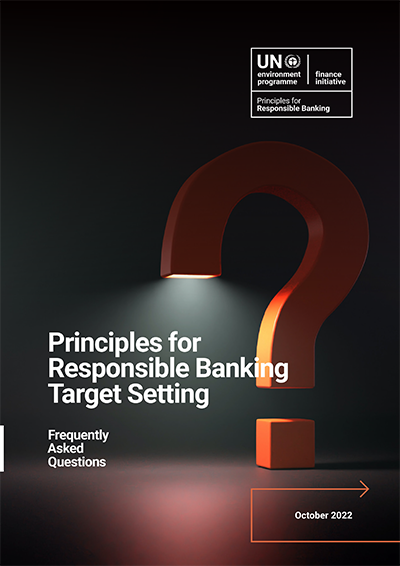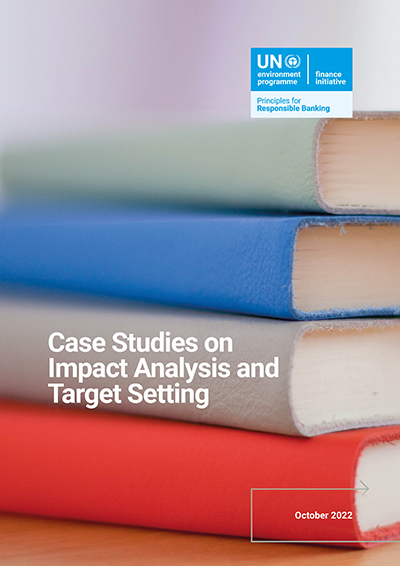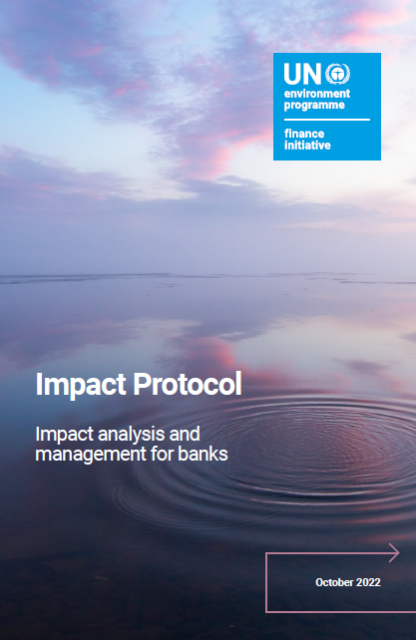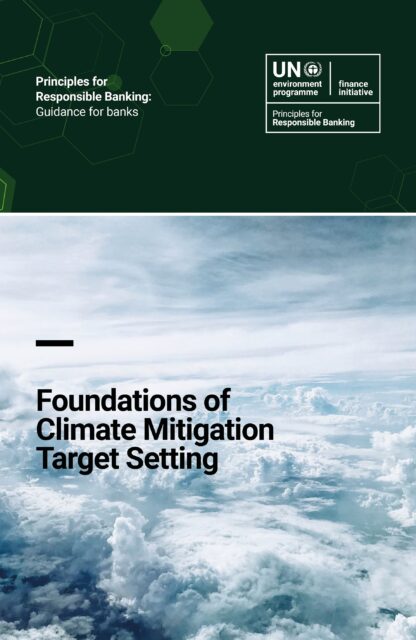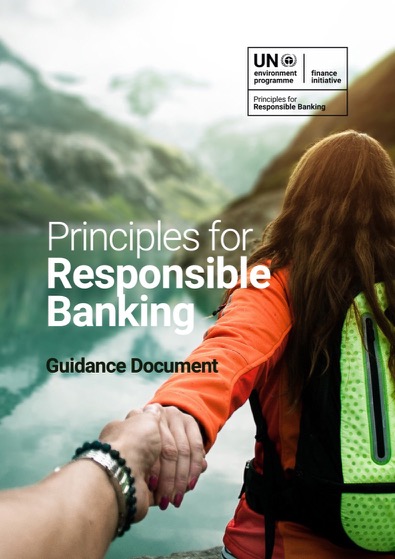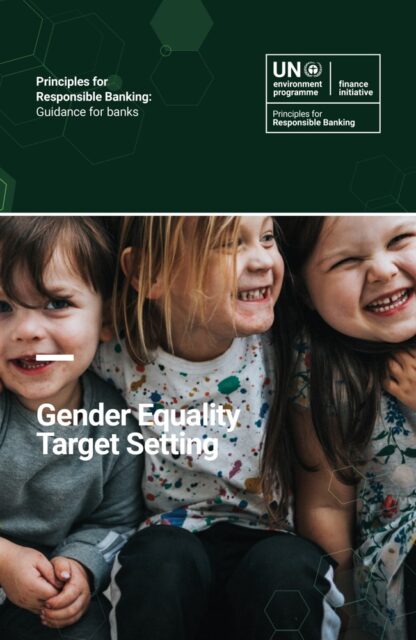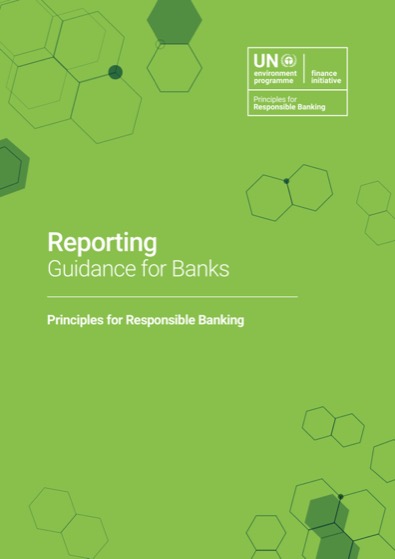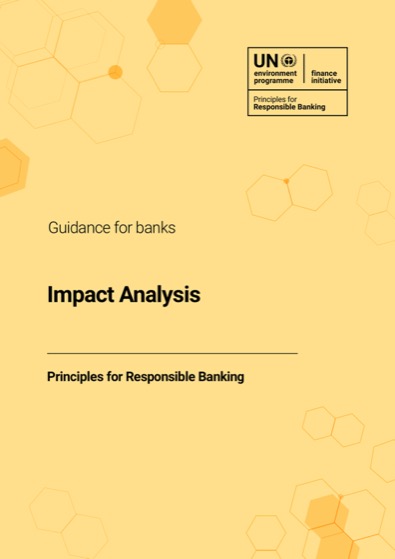About
We work with the banking community through the UN Principles for Responsible Banking to accelerate a positive global transition for people and the planet. With over 330 signatory banks representing over half of the global banking industry, the Principles are the world’s foremost sustainable banking framework. Through the Principles, banks take action to align their core strategy, decision-making, lending and investment with the UN Sustainable Development Goals, and international agreements such as the Paris Climate Agreement. The Principles for Responsible Banking include the Net-Zero Banking Alliance, which is the climate-focused initiative of this global framework. We strongly recommend that banks mainly operating in developed economies signing the Principles for Responsible Banking framework also join the climate flagship initiative NZBA.
Highlights
The Principles for Responsible Banking introduce industry-first guidance on nature target setting
Today marks the release of the new Principles for Responsible Banking (PRB) Nature Target Setting Guidance, aimed at helping the banking industry align with the Kunming-Montreal Global ...
Read moreThe Principles for Responsible Banking releases climate adaptation target setting guidance ahead of COP28
In response to the escalating impacts of climate change and the widening gap in adaptation finance, today the Principles for Responsible Banking (PRB) has unveiled a new publication aimed at ...
Read more


